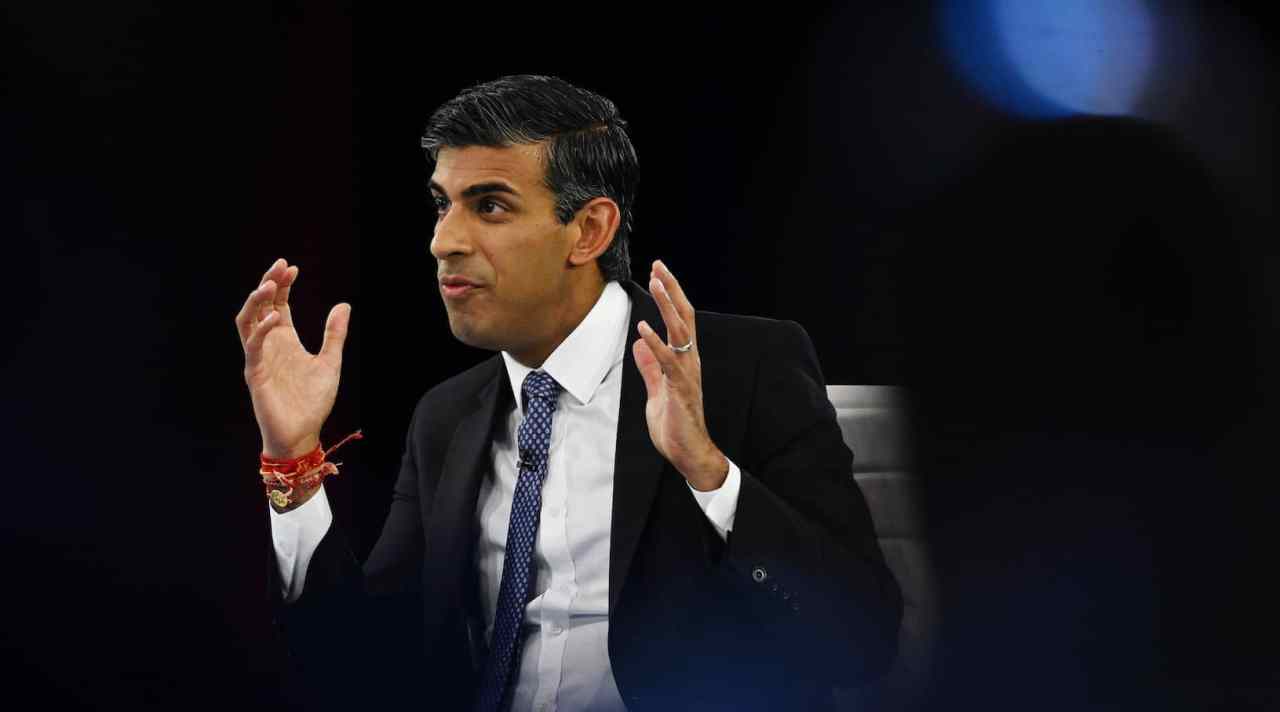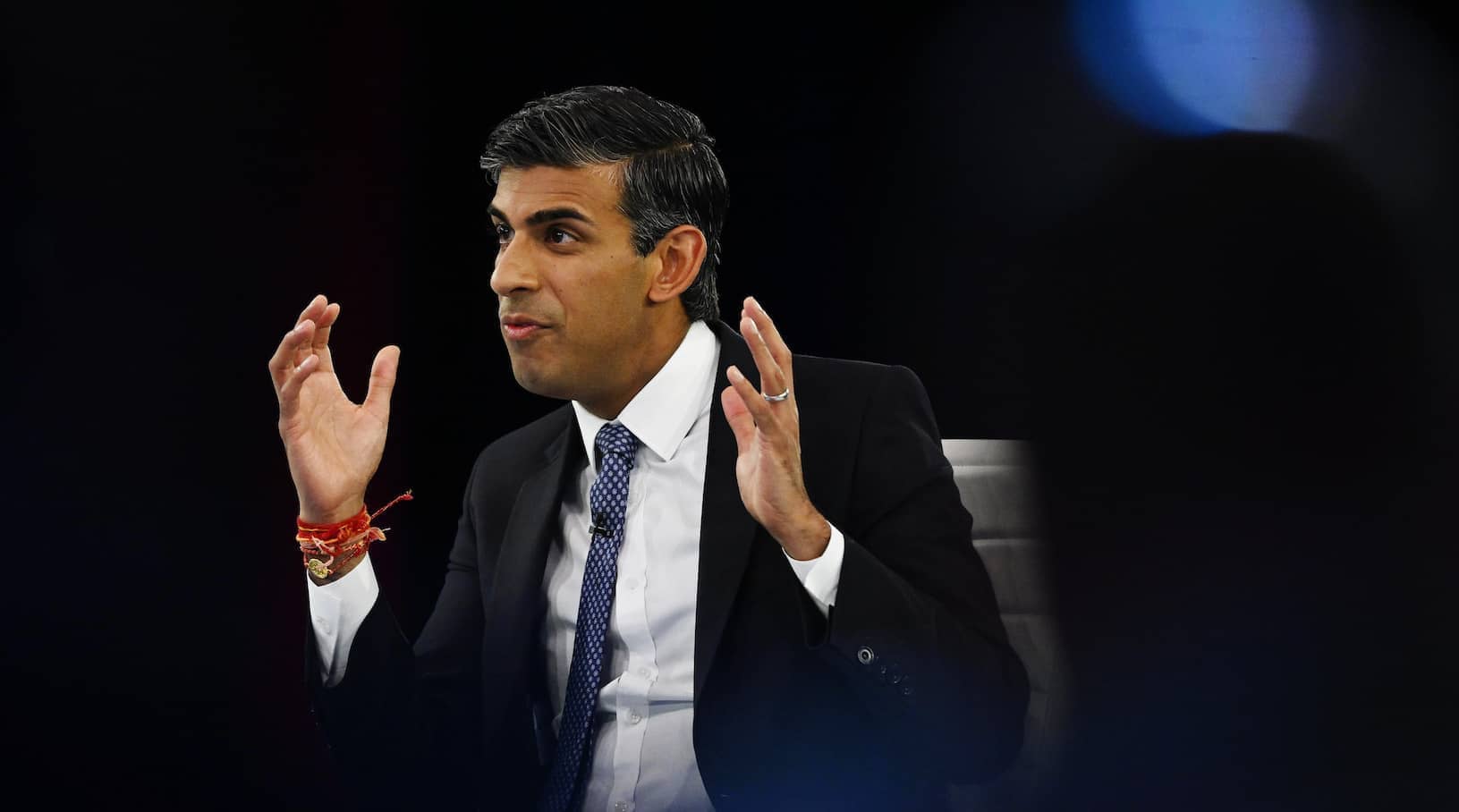When I spoke to Rishi Sunak on Tuesday, his theme was the importance of being honest about trade-offs in politics. The big problem of lockdown, he said, was that these trade-offs (i.e. the side effects of closing down the economy and society) were never made clear to the public.
Should this information have been shared with the public? Or might this have undermined the resolve needed to send a message to Putin?
But it wasn’t just in lockdown; he felt the same was true over Ukraine. I didn’t manage to fit this into the interview, but I can say a bit about it now. When the Prime Minister called for sanctions and holding firm against Russia, Sunak said he was supportive – but felt that they should spell out what all this could mean. ‘Treasury modelling at the beginning of this crisis was for a worst case, £4,000 to £5,000 scenario on energy bills,’ he said. Sunak felt they should go public with this:
I remember saying at the beginning of this thing: ‘defending freedom is important, but you’ve got to tell people that it is likely the energy bills go up to £4,000 or £5,000 in the worst-case scenario…’ I was like: ‘you need to go into it knowing that that is what might happen. You’ve got to prepare the country for it, make sure that everyone is on board with that.’
That was back in February when the cap was just under £1,300. We learned today that the cap will hit £3,549 this year. Cornwall Insight has this morning predicted it will hit £5,386 in January and then £6,616 in April – Kate Andrews has more details here. But we didn’t have to wait for Cornwall Insight: Sunak says these figures were being modelled by the Treasury from the get-go and families could have had more time to adjust to what lies ahead.
Should this information have been shared with the public? Or might this have undermined the resolve needed to send a message to Putin? Sunak argues that it’s always best to be candid, even if that complicates the political message. He’s heavily expected to lose this leadership race, but the point is a wider one.
This article is free to read
To unlock more articles, subscribe to get 3 months of unlimited access for just $5








Comments
Join the debate for just $5 for 3 months
Be part of the conversation with other Spectator readers by getting your first three months for $5.
UNLOCK ACCESS Just $5 for 3 monthsAlready a subscriber? Log in